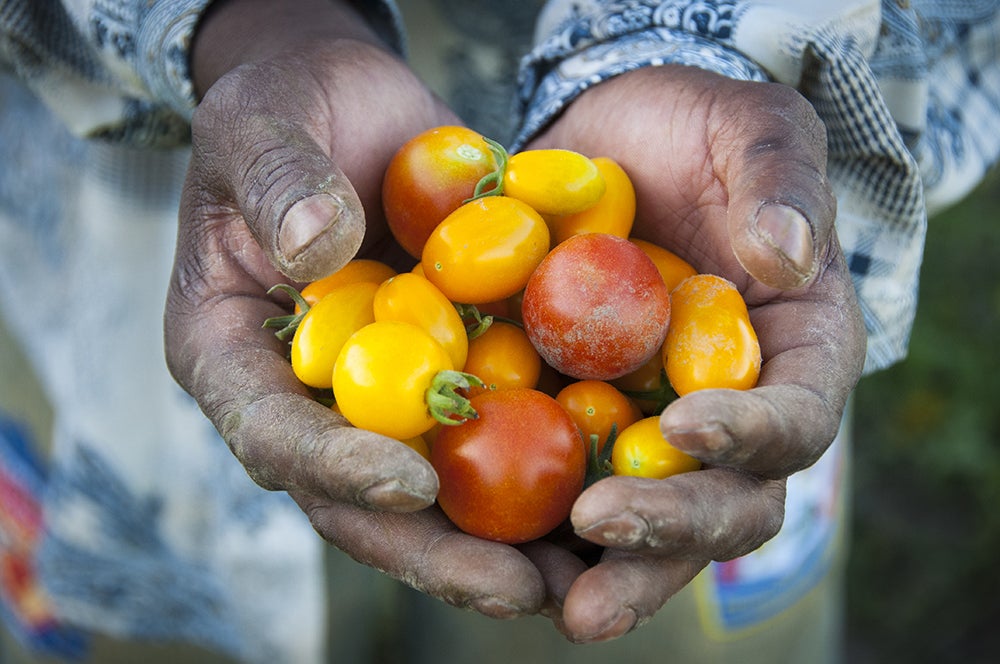
Three Grand Challenge teams received a cumulative $204,000 in funding from the Division of Research and Economic Development to to further research initiatives in resilience and sustainability. The projects will directly impact members of the Shoshone-Bannock Tribes, Treasure Valley refugees and rangelands in Idaho.
These teams are members of the Resource Nexus for Sustainability Grand Challenge, an interdisciplinary initiative that elevates societally relevant questions around finite and critical resources, sustainability and community needs. The goal of the Grand Challenge initiatives is to answer these questions through interdisciplinary research, strategic partnerships, and community collaborations with regional and national institutions.
“The breadth of sustainability research being conducted under this Grand Challenge is inspiring,” said Nancy Glenn, vice president for the Division of Research and Economic Development. “More than 30 research teams submitted proposals, and each team’s dedication and contributions were invaluable in shaping the vision of this endeavor and demonstrate Boise State’s interdisciplinary partnerships and sustainability research.”
Global Gardens refugee farming resilience
In order to better understand diverse refugee farmers’ challenges, a team led by Department of Sociology Professor Rebecca Som Castellano received $83,000 to conduct research in collaboration with the Idaho Office for Refugees and Global Gardens, a community supported agriculture program in Boise.
Through this research, the team’s goal is to improve support of this vulnerable population and of sustainable agriculture practices by first identifying the social, ecological and economic challenges faced by Global Gardens farmers, then mapping potential adaptations to these challenges. These adaptations could arise from refugees’ traditional farming knowledge and skills or from new innovations. Finally, by identifying social, environmental or economic barriers to implementing these adaptations, the collaborators can begin identifying how these barriers could be overcome.
“By engaging in a range of methods and community partners we can understand more deeply the challenges that refugee farmers in the Treasure Valley face,” Som Castellano said. “From there we will be working with the city of Boise to put our findings to action.”
Laura Villegas-Ortiz, an economist and Boise State affiliate, said that one of the compelling project facets for her is “the opportunity to learn about different ways to do urban agriculture that take on knowledge that has been evolving since time immemorial from all over the world and studying how modern western urban agriculture can improve using these global experiences.”